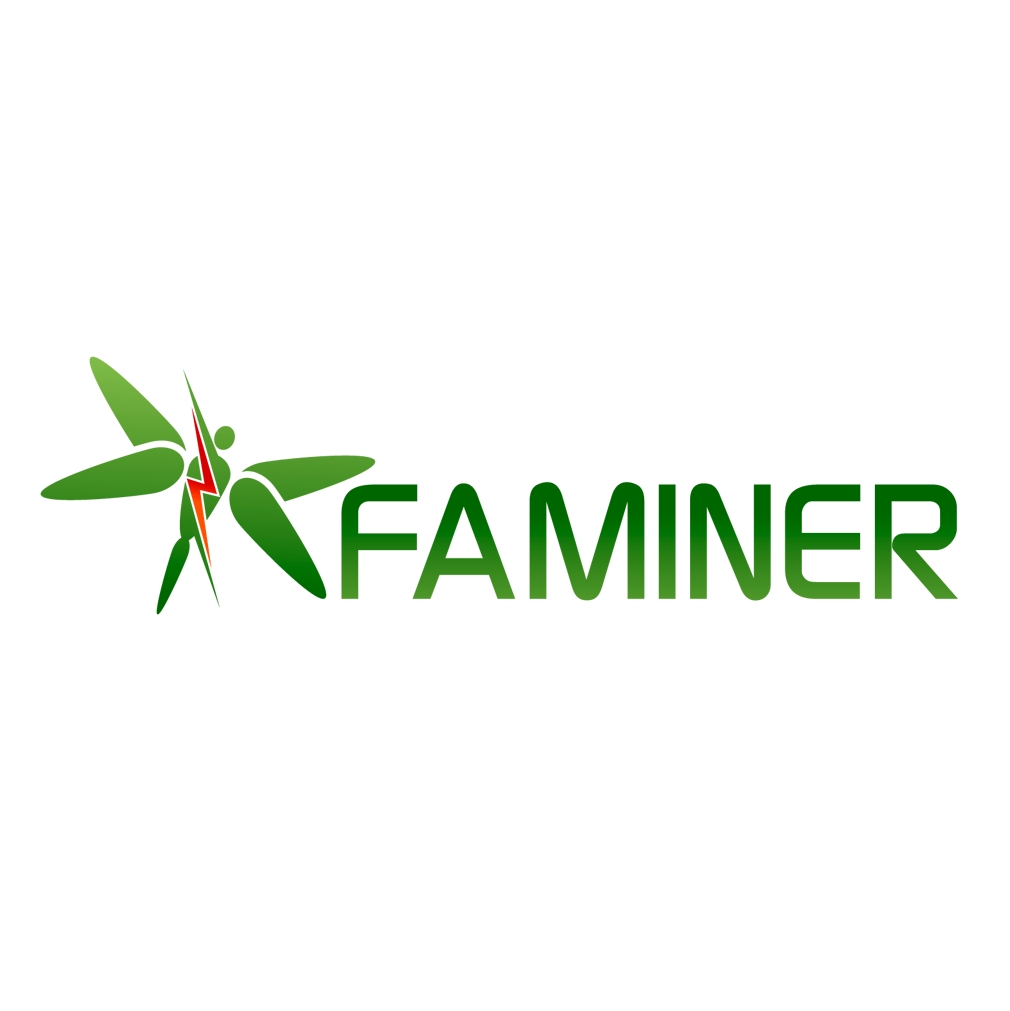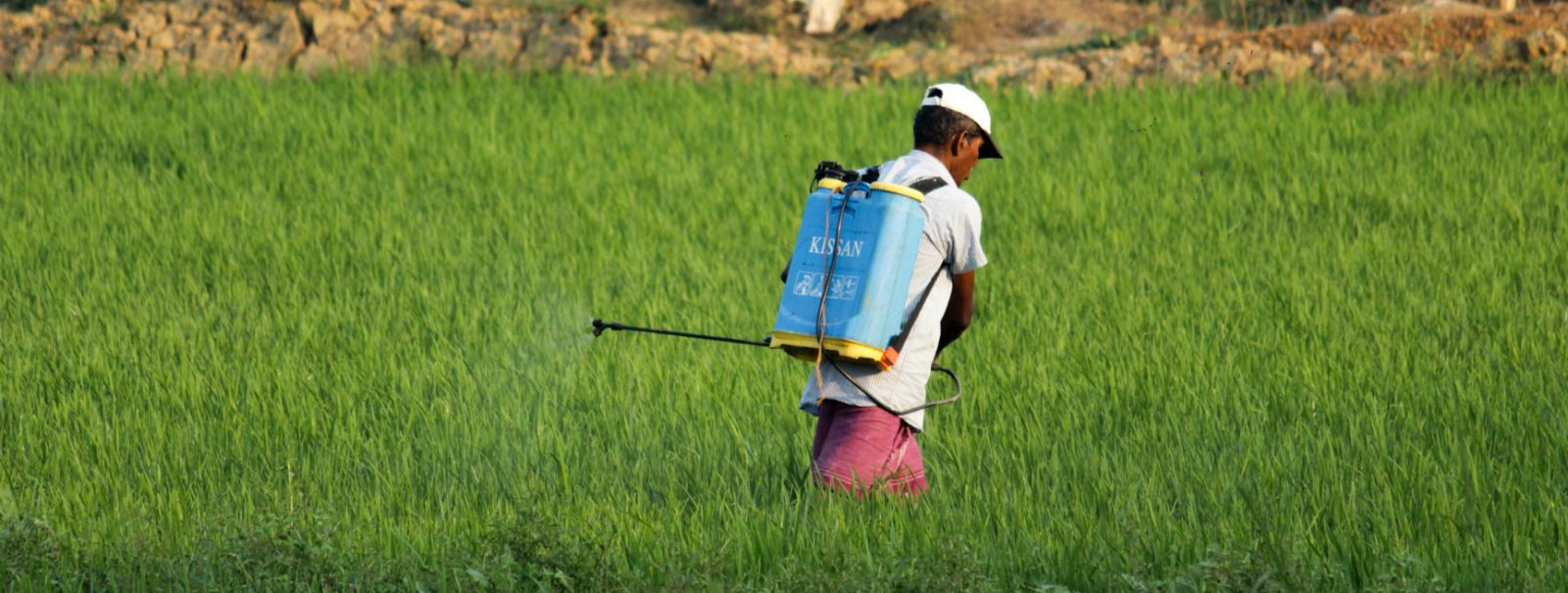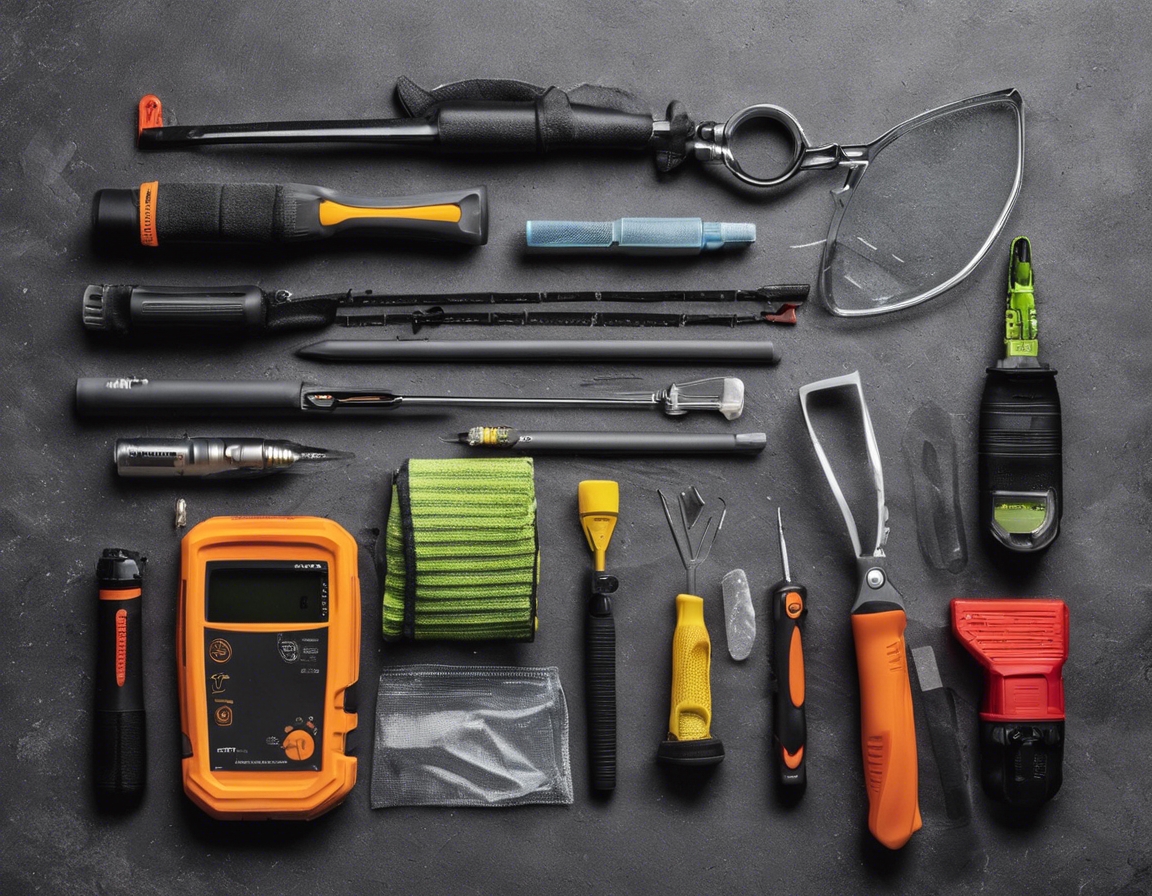How to protect your warehouse from pest infestations
Warehouses can be a prime target for a variety of pests, including rodents, insects, and birds. Rodents such as rats and mice are attracted to the shelter and food sources that warehouses often provide. Insects like cockroaches, beetles, and moths can also be problematic, as they are drawn to packaged goods and organic materials. Birds may seek refuge in large open structures like warehouses, leading to contamination and property damage.
Several factors can contribute to pest infestations in warehouses. Poor sanitation, cluttered storage, and inadequate sealing of entry points are common culprits. Environmental conditions such as warmth and humidity can also create ideal breeding grounds for pests. Additionally, the constant influx of goods and materials can introduce new pests into the warehouse environment.
Pests can have a significant impact on warehouse operations. They can damage goods, contaminate products, and pose health risks to employees. Pest-related issues can also lead to regulatory fines and jeopardize a company's reputation. It is crucial to address pest problems promptly to avoid these costly consequences.
Preventative Measures for Warehouse Pest Control
Regular maintenance and thorough inspections are key to preventing pest infestations. This includes checking for cracks and gaps in the building's exterior, ensuring doors and windows are properly sealed, and inspecting incoming shipments for signs of pests.
Good sanitation practices are essential in deterring pests. Warehouses should implement strict waste management protocols, including regular disposal of garbage and keeping food and waste in sealed containers. Cleaning spills and removing debris promptly can also help minimize pest attractions.
Proper storage techniques can prevent pests from accessing goods. This involves using pallets to keep products off the floor, maintaining organized and spaced-out storage, and using pest-resistant packaging materials when possible.
Making structural modifications to the warehouse can also help in keeping pests at bay. Installing screens on windows and vents, using door sweeps, and sealing cracks and crevices can significantly reduce the likelihood of pest entry.
Integrated Pest Management (IPM) Strategies
Integrated Pest Management (IPM) is a holistic approach to pest control that focuses on long-term prevention. Monitoring for pest activity and accurately identifying pests are the first steps in an effective IPM program.
Physical and mechanical methods, such as traps and barriers, can be effective in controlling pests without the use of chemicals. These methods are often preferred for their low environmental impact and safety.
When necessary, chemical controls can be used as part of an IPM strategy. However, it is important to use these methods judiciously and in accordance with safety guidelines to protect human health and the environment.
Professional pest control services, like those offered by FAMINER OÜ, can provide the expertise and resources needed to effectively manage pest issues in warehouses. Certified experts can develop customized plans that are tailored to the specific needs of each facility.
Legal and Health Considerations
Warehouses must comply with health regulations to ensure a safe environment for workers and to maintain the integrity of stored goods. Pest control measures should be implemented in a way that adheres to these regulations.
Training employees on pest awareness and prevention can play a significant role in maintaining a pest-free warehouse. Workers should be educated on the signs of infestation and the proper steps to take if pests are detected.
Keeping detailed records of pest control measures, inspections, and any pest activity is important for regulatory compliance and for tracking the effectiveness of pest management strategies.






Comments (0)